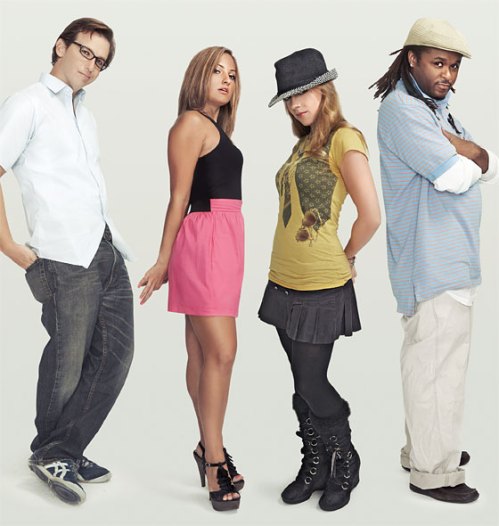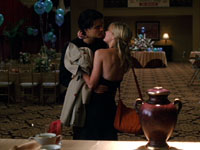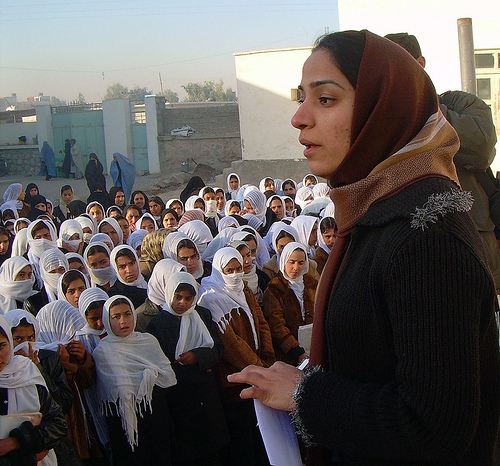Well, I’m back on the book tour road, and full of good intentions for keeping up this blog.
Chastened was released in French last month – under an English title, No more sex in the city – which gave rise to plenty of ‘only in France’ moments.
 In what other country would a national broadsheet enquire about an author’s ‘fantasmes sexuels’? Likewise, where else on earth would a two-hour radio show, hosted by a former porn star and tackling such subjects as the geography of the vagina, air daily not at midnight but at midday? (Then again, aren’t the French meant to know all that stuff? Can they really need two hours of tuition each day?)
In what other country would a national broadsheet enquire about an author’s ‘fantasmes sexuels’? Likewise, where else on earth would a two-hour radio show, hosted by a former porn star and tackling such subjects as the geography of the vagina, air daily not at midnight but at midday? (Then again, aren’t the French meant to know all that stuff? Can they really need two hours of tuition each day?)
One character who featured large, though I never actually got to meet her, was my excellent publicist Silvana’s Italian aunt. Her views on romance, men and marriage (she’s now on her third) may sound shockingly un-PC to the Anglo-Saxon ear, but conveyed in French, they carried an irresistible authority. I might just have to share some of them in a separate post. Travels with my publicist’s aunt?
This all gives the June 24th launch of the US edition quite a bit to live up to, but it seems a happy sign that sat behind me on the flight to New York was a pretty convincing Marilyn Monroe look-alike. It’s Marilyn’s words that I borrow for Chapter Four’s epigram:
It’s a woman’s spirit and mood a man has to stimulate in order to make sex interesting. The real lover is the man who can thrill you by touching your head or smiling into your eyes or just staring into space.
I think Silvana’s aunt would agree, though she’d insist that not even a real lover should be allowed to get away with splitting the check.




